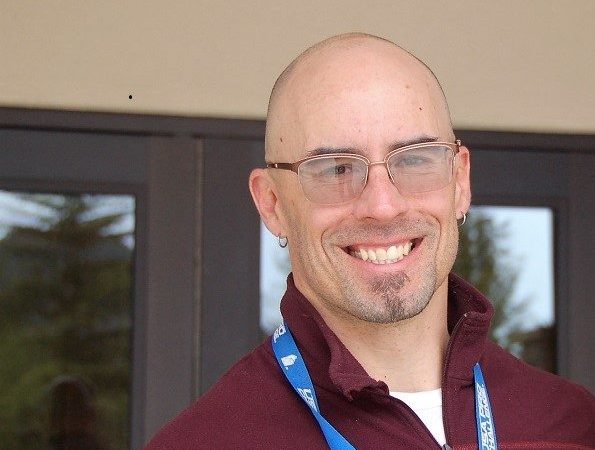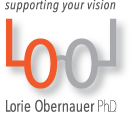Cigarette smoking is associated with frequent substance use and poor behavioral and physical health in sexual and gender minority populations, according to Rutgers researchers.
The study, published in the journal Annals of Behavioral Medicine, examined tobacco use by sexual minority men and transgender women to better understand the relationships between smoking tobacco, other substance use, and mental, psychosocial, and general health.
The Rutgers researchers surveyed 665 racially, ethnically and socio-economically diverse sexual minority men and transgender women, 70 percent of whom reported smoking cigarettes.
They found that smoking was associated with race/ethnicity, marijuana, and alcohol use, and mental health concerns of the participants. Current smokers were more likely to be white and reported more days of marijuana use in the past month. The study also found that current cigarette smoking was associated with more severe anxiety symptoms and more frequent alcohol use.
“Evidence also tells us that smoking is associated with worse mental health and increased substance use, but we don’t know how these conditions are related to each other, exacerbating and mutually reinforcing their effects,” said Perry Halkitis, dean of the Rutgers School of Public Health and the study’s senior author.
LGBTQ+ people are more likely to smoke than their cisgender and heterosexual peers to cope with an anti-LGBTQ+ society, inadequate health care access, and decades of targeted tobacco marketing. Those social stressors drive the health disparities they face, which are compounded by a lack of LGBTQ-affirming healthcare providers, research shows.
“Our findings underscore the importance of holistic approaches to tobacco treatment that account for psychosocial drivers of substance use and that address the complex relationships between mental health and use of substances like alcohol, tobacco, and marijuana,” said Caleb LoSchiavo, a doctoral student at the Rutgers School of Public Health and the study’s first author.
The study once again illustrates the strong correlation between severe stress—especially trauma—and substance use disorder (SUD). LGBTQ+ and transgender people continue to be exposed to strong social stigma—and even physical violence—simply because of their sexual choices or gender identities, leaving many of them severely traumatized.
As a webpage by the Centers for Disease Control and Prevention (CDC) about LGBTQ+ health warns that, “Stigma comes in many forms, such as discrimination, harassment, family disapproval, social rejection, and violence,” putting LGBTQ+ people at increased risk for particular negative health outcomes.
In many cases, smoking tobacco, and using other psychotropic drugs and alcohol are so strongly correlated because they are symptoms of the same kind of psychological stress. The more intense the stress, the greater the likelihood that a SUD will develop—and LGBTQ+ and transgender people generally experience higher levels of stress than their cisgender counterparts. They are simply trying to alleviate their stress with maladaptive coping skills.
Negative life experiences—especially in childhood—and persistent stress also increase the probability of developing mental health conditions such as anxiety, depression, posttraumatic stress disorder (PTSD), and panic disorders—all currently intensified by the COVID-19 pandemic and all in turn correlated with substance use disorder.
The Rutgers scientists correctly emphasized the “importance of holistic approaches to tobacco treatment that account for psychosocial drivers of substance use.” Evidence-based addiction and mental health therapy must address all underlying conditions to achieve a positive outcome.
Harmony has provided cutting-edge treatment at its Estes Park center in Colorado for half a century. Our modern, holistic approach to addiction treatment acknowledges the important role mental health conditions and psychosocial factors play as drivers of substance use disorders.
If co-occurring conditions are not comprehensively addressed, clients are more likely to relapse because they may continue to use psychoactive substances to self-medicate those issues. All staff at Harmony have been trained in trauma-informed care. Modern addiction treatment requires a holistic approach that addresses all mental health issues relevant to the SUD and provides a solid foundation for sustained recovery from addiction.
If you or a loved one is struggling with substance use disorder, or you have questions about our programs, call Harmony today at (888) 986-7848 to get the help needed as soon as possible.







